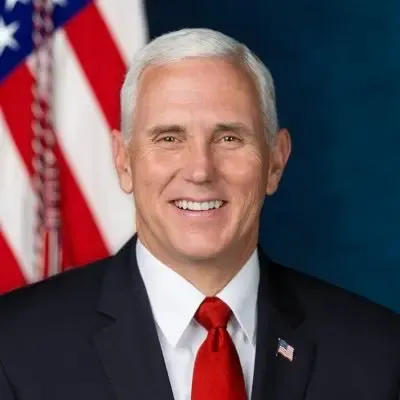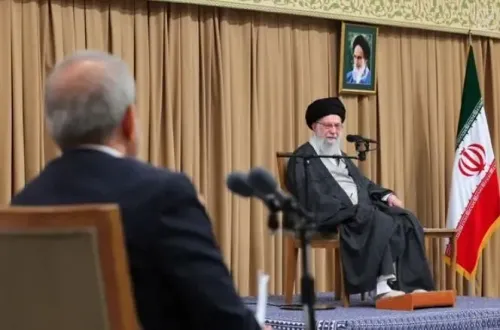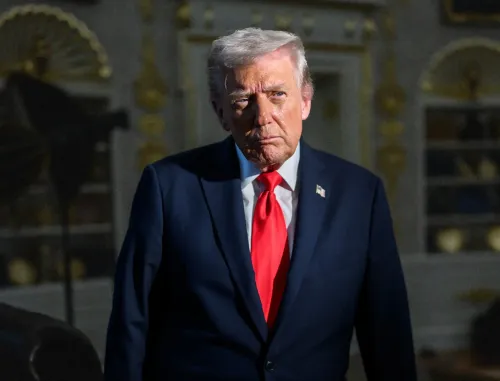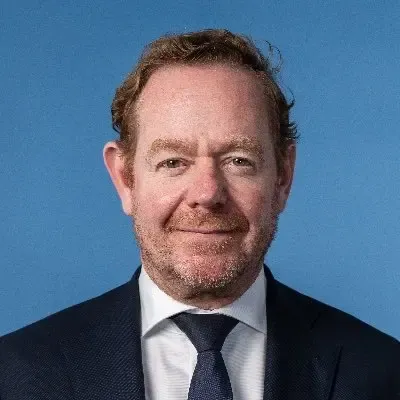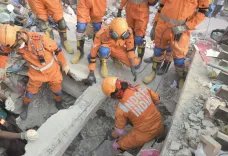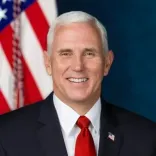Should Countries That Harbor Terrorism Be Punished? Insights from the Israeli Ambassador
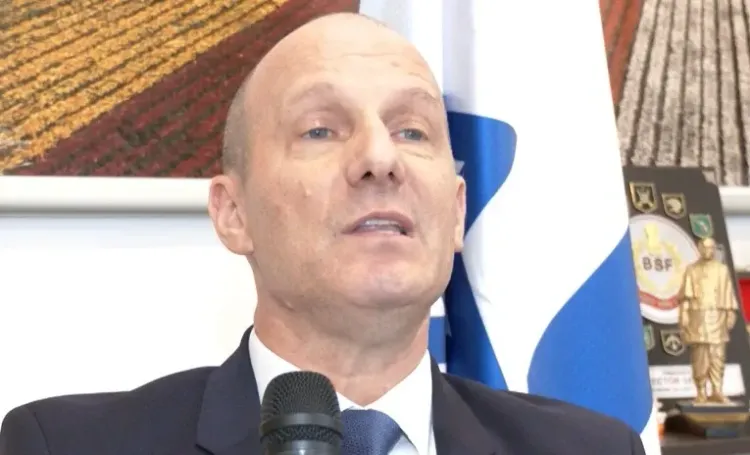
Synopsis
Key Takeaways
- Israel's military operation aims to neutralize Iranian nuclear threats.
- Diplomatic mediation by India could play a crucial role in easing tensions.
- Iran's continued nuclear ambitions pose significant risks.
- International accountability for terrorism is essential.
- Regional allies express concern over Iranian aggression.
New Delhi, June 14 (NationPress) Following the initiation of 'Operation Rising Lion'—a focused military campaign aimed at curtailing the Iranian nuclear threat—Reuven Azar, Israel's Ambassador to India, emphasized that Prime Minister Benjamin Netanyahu's government had no choice but to undertake preemptive measures to safeguard the nation's very survival.
In an exclusive interview with IANS, the ambassador did not dismiss the potential for Prime Minister Narendra Modi to facilitate peace talks between Tehran and Jerusalem, aiming to resolve the ongoing conflict in this turbulent area.
Key Highlights:
IANS: Why was it crucial for Israel to act against Iran at this time?
Reuven Azar: Our intelligence indicates that the Iranians were significantly advancing towards acquiring a nuclear weapon. They exploited the window provided by President Trump for negotiations during these 60 days. A secret group was reportedly formed to assemble a nuclear weapon, posing an imminent threat to our existence. Therefore, we acted to avoid potential destruction, as the Iranian regime aims to annihilate our State.
IANS: Do you believe Iran would have successfully developed a nuclear weapon without Israel's intervention?
Reuven Azar: Absolutely. Nuclear technology has been around for 80 years, making it relatively straightforward to achieve. The pivotal question was whether Iran would breach its commitment not to develop such weapons again. We were aware of their deceit; the IAEA has consistently indicated that Iran violated its safeguards under the NPT (Non-Proliferation Treaty). For us, this is a matter of survival, especially given the radical and fanatical nature of the ruling regime in Iran.
IANS: Should the IAEA be held accountable for not acting against Iran?
Reuven Azar: The IAEA is fulfilling its role. We have persistently urged them to investigate the intelligence shared by us and other Western nations, which has been slow to materialize. Nevertheless, they have confirmed that Iran is once again cheating, leading to a precarious situation. Israel had to take preemptive action to ensure its survival.
IANS: Iranian Supreme Leader Ali Khamenei has promised retaliation; how serious is this threat?
Reuven Azar: We take these threats very seriously. Israel is currently under a state of emergency. We have advised our citizens to remain close to shelters. Recently, two Israeli civilians lost their lives due to a ballistic missile strike in an urban area. Iran is committing a war crime by targeting civilian zones with these missiles.
IANS: Is there any indication that other nations are providing Iran with nuclear materials like uranium?
Reuven Azar: Historically, there have been significant connections with rogue states like North Korea. Iran is capable of enriching uranium using advanced centrifuges, which heightens the urgency to address this issue. Despite numerous diplomatic attempts over decades, Iran has persistently rejected peace efforts and is now facing consequences.
IANS: India has called for both Israel and Iran to reduce tensions. How do you view India's role in this situation?
Reuven Azar: India is a valued ally of Israel. We had high-level discussions recently, including talks between our Prime Ministers and National Security Advisors. We recognize India's established dialogue with Iran. The challenge is to persuade the extremist regime in Iran to pursue peaceful actions. The Iranian populace deserves a future free from a regime that has invested heavily in an arms race and regional dominance.
IANS: Do you think Prime Minister Modi can mediate peace talks between Iran and Israel?
Reuven Azar: We hold Prime Minister Modi in high regard. He is a remarkable leader who has significantly advanced India’s prosperity. We do not dismiss the possibility of his involvement.
IANS: Pakistan, a neighboring nation of India, is another nuclear state with ties to terrorism...
Reuven Azar: The international community must intensify efforts to penalize terrorists and isolate states that sponsor and harbor terrorism.
IANS: Are reports accurate that Israel smuggled explosive drones and warplanes into Iran prior to the attack?
Reuven Azar: We have received confirmations from various Israeli security authorities regarding our defensive strategies. This includes operations via airports and a ground presence, although we will not divulge specific methods. We will continue to protect ourselves using innovative techniques.
IANS: Do you foresee further escalation in the Israel-Iran conflict?
Reuven Azar: We are essentially in a full-scale war with Iran. For 30 years, they have launched attacks against us, supported terrorism, and supplied sophisticated weapons to groups like Hezbollah and militias in Syria, Iraq, and Yemen. Their ongoing nuclear ambitions make it clear there is a war between us. The question remains how long this will continue and what it will take for Iran to recognize it will not remain unscathed.
IANS: How have Gulf nations responded? Are they supportive of Israeli actions?
Reuven Azar: Many countries in the region are alarmed. We share common interests with various Arab nations, having established peace agreements with many. They are concerned about potential Iranian aggression against them as well. However, they seem quietly relieved that Israel is neutralizing a threat that poses dangers to them as well.
IANS: What is Russia's stance on this matter? Does Israel receive support from Russia?
Reuven Azar: We maintain a dialogue with Russia. At times, we have reached agreements to ensure that they do not supply advanced weapons to countries like Iran. We will continue these discussions to protect our security interests.
IANS: Do you believe Mossad effectively planned the recent attack?
Reuven Azar: I believe all our intelligence agencies have demonstrated professionalism and precision in executing the directives set forth by the Israeli government.


